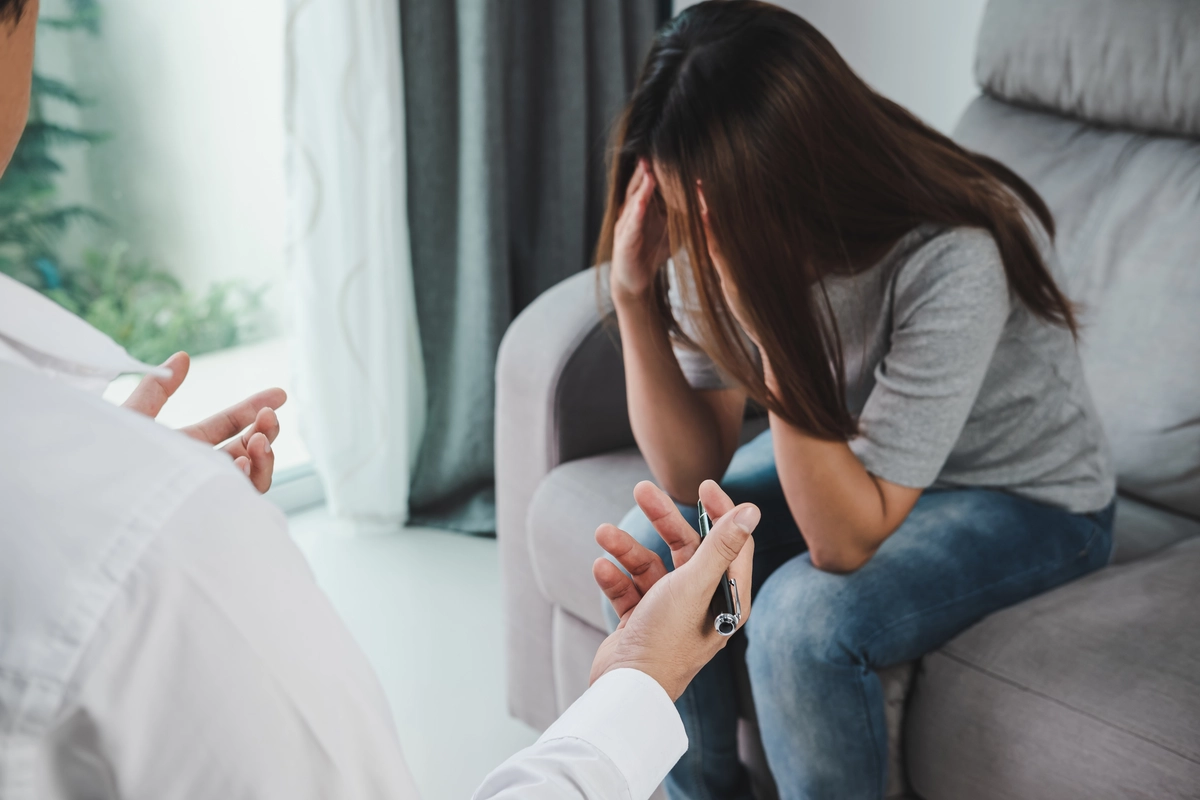24/7 Helpline:
(866) 899-221924/7 Helpline:
(866) 899-2219
Learn more about Depression Treatment centers in Liberty
Depression Treatment in Other Cities

Other Insurance Options

CareSource

Horizon Healthcare Service

Ambetter

ComPsych

Self-pay options

Regence

Multiplan

Health Partners

Meritain

BlueCross

Highmark

Anthem

Medical Mutual of Ohio

Carleon

Humana

Premera

Sutter

Health Net

Aetna

Private insurance





South Central Behavioral Services – Outpatient
South Central Behavioral Services (SCBS) is a Community Behavioral Health agency providing mental he...

South Central Behavioral Services – Unity House
South Central Behavioral Services - Unity House is a structured setting where an individual can prac...

















































Northland Dependency Services
Northland Dependency Services is a private rehab located in Excelsior Springs, Missouri. Northland D...

Advanced Psychiatric Care
Advanced Psychiatric Care is a private rehab located in Kearney, Nebraska. Advanced Psychiatric Care...

AlAnon
AlAnon is a non-profit rehab located in Kearney, Nebraska. AlAnon specializes in the treatment of al...

Richard Young Behavioral Health
Richard Young Behavioral Health is a behavioral health and addiction treatment center for adults and...

Saint Francis – Alcohol and Drug Treatment Center
Saint Francis – Alcohol and Drug Treatment Center is a private rehab located in Kearney, Nebraska. S...

Lamplighters Club
Lamplighters Club is a non-profit rehab located in Missouri City, Texas. Lamplighters Club specializ...























